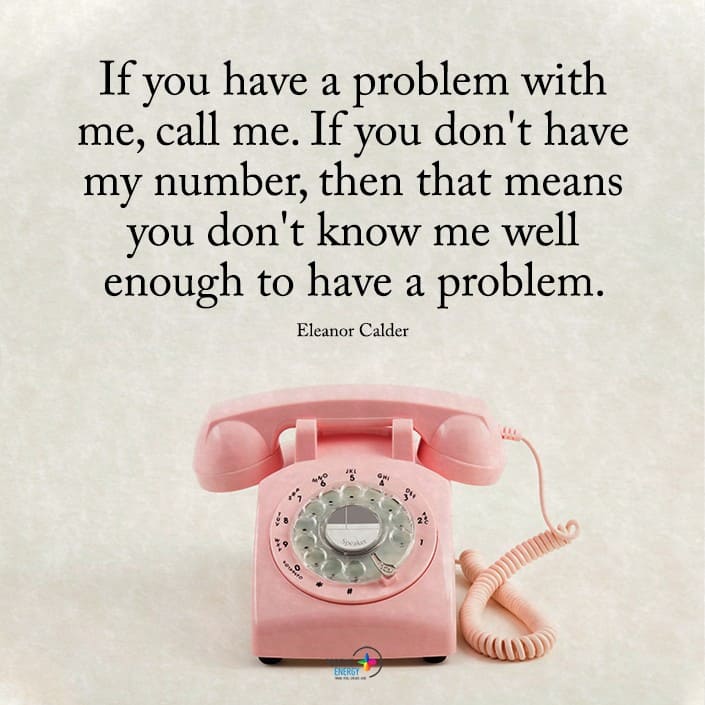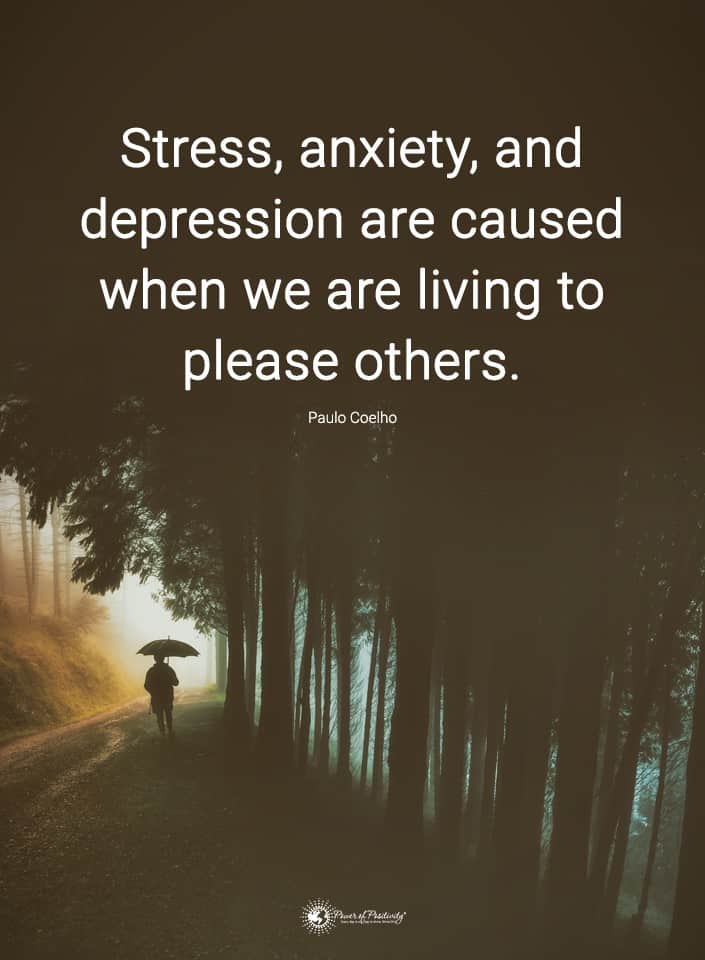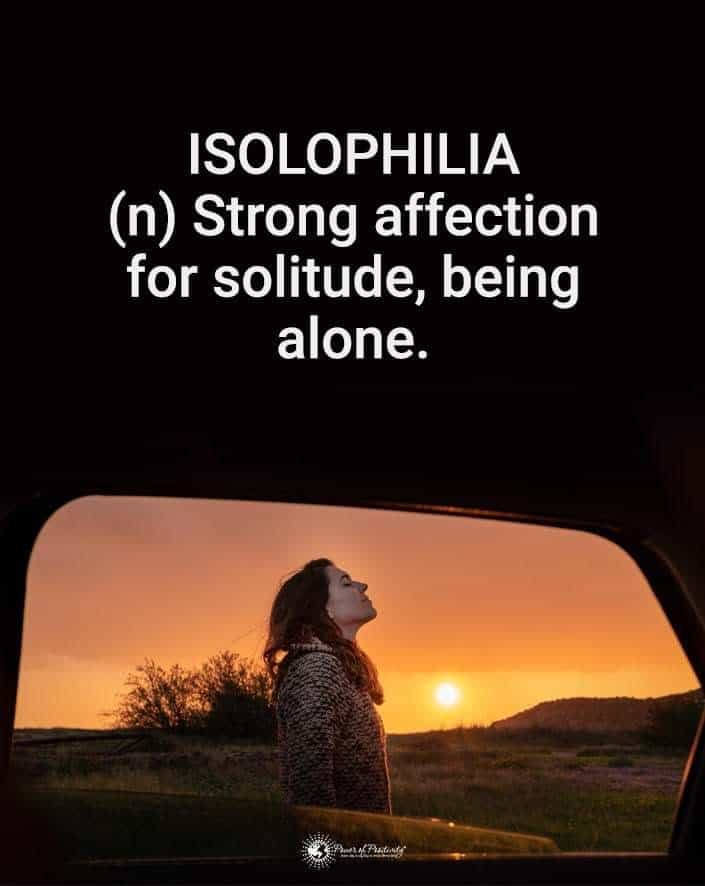Are you a socially intelligent person with common sense and street smarts? Genetics plays a significant part in your IQ levels, but when it comes to your social intellect, this is something that you learn as you go. Socially intelligent people must experience life before they fine-tune this skill.
You’ve probably heard that some people are book smart, and others are street smart. While education is always good, socially intelligent people know how to deal with the public. Additionally, this kind of education often trumps those who have spent years in college, as someone can’t learn everything from textbooks.
These are skills that you hone after much trial and error. One of the best movies to illustrate such things is Dangerous Minds. Michelle Pfeiffer played a teacher sent to one of the roughest areas with the highest dropout rates.
While she received an excellent education and was a good teacher, she quickly had to develop her social intelligence to handle one of the roughest school systems in the country. She had to learn to connect with these students on a whole different level, and it’s something that professors couldn’t prepare her for in college. The students began to learn, and she incorporated unusual techniques to gain their acceptance and attention.
According to The Washington Post, the movie is based on the real-life story of U.S. Marine LouAnne Johnson, which makes this harrowing piece even more impressive. Once she retired from the military, she became a teacher in California, but she quickly learned that she needed to step up her street-savvy nature to educate these kids.
How are your social or street smarts? You will find people like this make fabulous sales and business professionals as they can bring themselves to the level of each of their customers. Did you know that having this kind of intelligence can save your life, make you a better person, and get you further than formal teaching?
Five Characteristics of Socially Intelligent People

How do you know if you’re a socially intellectual person? Here are some of the signs for you to consider.
1. Socially Intelligent People Have Great Conversational Skills
Remember, the first part of being socially intelligent is that you’re social. You can always tell the person with this skill from the other folks as they’re always the life of the party. You’ll find them working the room during a social event and mingling with others listening and talking to many, and they’re often extroverted.
This person has no issue conversing with someone at the grocery store, and they can talk for ten or fifteen minutes about the weather with someone on the subway. This individual has socially expressive skills that make them a “people person,” They can quickly adapt to many situations to fit in.
2. Understands Social Roles and Guidelines
If you’ve ever been to the theater or seen a Broadway play, you’ve witnessed firsthand people who have learned to adapt to many roles. The socially savvy person knows the rules of the game of life, and they know how to act and react during social interactions. Due to their confident nature, they see others as being wise and socially clever.
3. Realizes What Makes Others Tick
Do you enjoy going to the mall to people-watch? It’s a favorite pastime of socially intelligent people, and this person knows how to acclimatize themselves to read other folks.
It’s imperative to understand the emotions behind people if you interact with them and read their demeanor. The socially savvy person can quickly tune in to many things when observing.
4. Socially Intelligent People Care About Making a Good Impression
Everyone makes an impact when you first meet them. A socially in-tune person likes to make sure they’re leaving a good rather than a bad impression, as it’s often hard to change those first feelings.
They know the difference between managing and controlling the image they portray, which isn’t always easy. They want others to see them as authentic, so they balance this complex element of their socially savvy nature.
5. They’ve Amazing Listening Skills
If you have a problem and need someone to talk to, you might want to find socially intelligent people to listen to. One of the nice things about these folks is they’ve learned how to be fantastic listeners.
Once you’re done talking with them, you will feel as if you’ve connected positively. This skill in counselors and therapists is vital to being effective in their jobs.
Ten Things Socially Intelligent People Avoid
Now that you know how a socially intelligent person acts and reacts, it’s time to learn what they avoid. Since these folks are social butterflies, they’ve developed a few cautious traits.
1. Socially Intelligent People Like to Rely on Others
These individuals have developed these skills that help their independence, so they don’t like to depend on anyone else. When you rely on others, it reduces your power.
2. Don’t Focus on Their Defeats
Sure, socially intelligent people get down, but they don’t let it affect them like others. They know that stumbling and falling is part of the process of growth, and they’ve learned to embrace the journey.
3. Doesn’t Follow the Crowd
While these people are social, this doesn’t mean they let others dictate their lives. If they have a grand idea and want to pursue a passion, they don’t care who stands in opposition. They will probably stand for something they believe in.

4. Socially Intelligent People Are Never Overconfident
While this person is savvy, they’re not arrogant. They would never appear overconfident as they know that pride often comes before a fall.
5. Avoid Making Enemies
Socially savvy folks know that you never burn bridges you might need to cross one day again. They don’t look at folks with differing opinions and attitudes as their enemy, but they know that these people are entitled to their views.
6. Never Puts All Their Eggs in One Basket
While putting all your eggs in one basket has worked for people like Milton Hershey and Kentucky Fried Chicken’s Colonel Sanders, it doesn’t always work for everyone. According to Biography, Hershey had two failed attempts at becoming the king of chocolate.
This man staked everything he had into his convictions, which ultimately paid off. However, it was not a wise choice financially, as it caused him to file for bankruptcy. The key is that you don’t want to put all your ideas and hopes into one thing, as you need a backup plan. Socially intelligent people know they need a diversified portfolio to succeed and minimize risks.
7. Socially Intelligent People Avoid Unnecessary Risks
Everyone takes small risks in the hope of gaining something in life. However, some folks tend to be adrenalin junkies regarding their risk-taking measures, but this is not socially skilled individual. They take chances but calculate every move like a high-stakes chess game.
8. Won’t Back Down from a Worthy Cause
If they feel the cause is worthy, they will fight. Even if all their friends and family members back off, they will continue if they feel passionate about life.
9. Never Passes the Opportunity to Broaden Their Horizons
Socially intelligent people know they can never learn enough or have sufficient education. They’re constantly looking for ways to broaden their horizons, even if it means stepping outside their comfort zone.
When people take the initiative to go beyond their comfort level, they use these experiences to transition, grow, and transform. People who aren’t willing to step beyond these confounds settle for mediocrity.
10. Socially Intelligent People Don’t Complain
One of the most endearing things about socially competent folks is that they don’t whine and complain. They know people don’t like to be around folks who are always about doom and gloom, so they try to keep their problems out of the forefront. Sure, they got problems and burdens, but they don’t focus on these matters with every interaction.
Final Thoughts on Socially Intelligent People
Developing your social IQ takes a lot of hard work and effort, but you also need to learn to avoid many things. There’s nothing wrong with paying attention to the world around you, as it will help you become a better listener and to develop good conversation skills.
You should understand the difference between just listening and learning to listen actively, as there’s a huge difference. When you’re actively engaged in the conversation, you are not only in tune with the other person but also reflect on what’s been spoken so that you understand better. The next time you find yourself in a social situation, sit back and observe your behaviors and those of others.
Most importantly, you need to learn things that you don’t or can’t do if you have a high social IQ. Above all else, don’t let your failures define you; your past is a learning experience, not a life sentence.


















